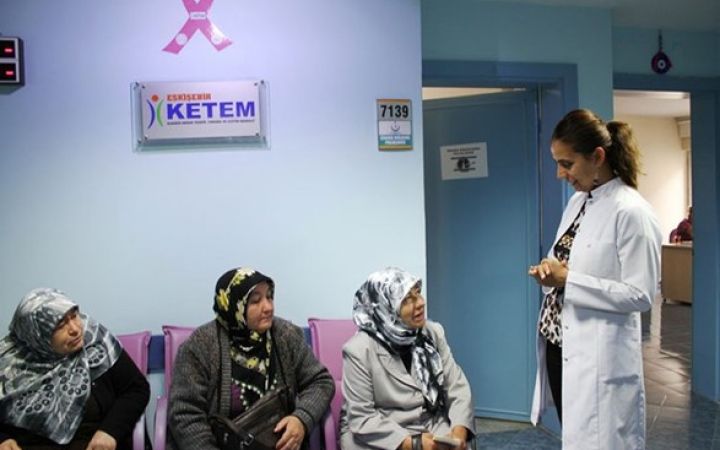Background
A key goal of the 2030 Agenda for Sustainable Development is the prevention of premature mortality associated with non-communicable diseases (NCDs). NCDs, including cancer, are a growing burden on health systems in many parts of the world. According to the World Health Organization, 10 million deaths in 2020 were attributed to cancer, with breast cancer being the most common cancer diagnosis. Surgical care is the foundation of the treatment options for most NCDs, and yet five billion people do not have access to emergency and essential surgical care. Investing in value-based healthcare (VBHC) models with a strong focus on surgical care for NCDs is a proven, cost-effective strategy to address health system challenges.
At its core, VBHC is improving health outcomes for patients. The ‘value’ within the VBHC approach refers to the ‘value’ for the patient, focused on the health outcomes that matter to patients relative to the resources or costs required to deliver those outcomes. The VBHC model utilizes a team-based approach that is centred around patient care, relying on patient-reported data to inform decision-making. VBHC addresses chronic disease burden by implementing bundled payments in place of fee-per-service and increasing coordination to move the patient along the care continuum with more ease. In these ways, the VBHC model is expected to not only reduce costs but also improve overall health outcomes.
Our project aims to facilitate locally led initiatives that will promote and advance the implementation of VBHC models in low- and middle-income countries, led by frontline implementers and developed in close collaboration with ministries of health, academic leaders, academic institutions and professional societies, industry, civil society, and most importantly, patients. This will be achieved through the establishment of in-country platforms that facilitate discussion for policy development towards VBHC and related context-specific health system changes.
This project contributes to the achievement of SDG 3: Good Health and Well-Being. Pilot projects will be implemented in Turkey and Rwanda, initially focusing on breast cancer before planning for scalable expansion to other medical conditions. Considering the tremendous need in low-resource settings, this project provides an impressive opportunity for impact.
Since the launch of this project, we have created the Value-Based Healthcare Hub in collaboration with the Global Surgery Foundation, supported by Takeda.
The Value-Based Healthcare programme is led by UNITAR and the Global Surgery Foundation and supported by Takeda, working in close collaboration with our technical partners in Turkey and Rwanda. Learn more about the Hub by visiting it at www.valuebasedhealthcare-un.org.
Objectives
In this VBHC project, UNITAR aims to:
- Increase understanding of the value-based healthcare model
- Implement pilot projects in Turkey and Rwanda as proof of concept
- Create platforms to facilitate VBHC policy discussions
- Propose sustainable policy solutions, informed by our needs assessment findings
- Achieve local ownership and leadership in the methodologies for local healthcare systems
Our Partners
The Value-Based Healthcare programme is led by UNITAR and the Global Surgery Foundation and supported by Takeda, working in close collaboration with our technical partners in Turkey and Rwanda.
Please click here to find out more about our technical partners.


